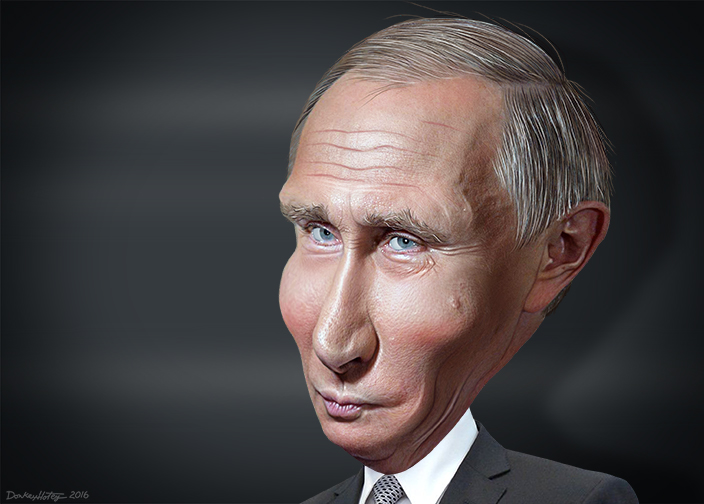Five years after its foundation, the Eurasian Economic Union exists only on paper. Although the member state leaders are constantly trying to portray the EAEU as a counter balance to the European Union, this entity is still far from a supranational institution. It is rather a Russia dominated multilateral organization that is producing no progress toward its stated goals.
The enlargement process stalled in 2015, and there’s no indication that the Eurasian Union might get new member states any time soon. Most former Soviet republics openly stated that they don’t intend to join the EAEU, while partially recognized and unrecognized countries such as Abkhazia, South Ossetia, Transnistria, Donetsk People’s Republic and Lugansk People’s Republic proclaimed their desire integrate into the Eurasian Union. Such integration is extremely unlikely, though, since Russia is not even showing the will to put pressure on four other member states Belarus, Kazakhstan, Armenia and Kyrgyzstan to recognize these territories as independent countries.
Leaders of the Eurasian Economic Union recently held their annual presidential summit in Kazakhstan, where Russian President Vladimir Putin admitted that they still have “disputes and discussions”. In addition to that, the President of Belarus Alexander Lukashenko urged to eradicate protectionism at national level in the EAEU, emphasizing that they should “stop introducing all kinds of prohibitive and restrictive measures”.
“Then there will be no problems with accepting new member states to the union. They will join this union themselves”, the Belarusian leader stressed.
In other words, Lukashenko was referring to the old trade dispute between Russia and Belarus. Russia occasionally imposes a ban on import of Belarusian products, which is a method of pressure on Lukashenko. The Kremlin aims to force Belarus to allow Russian oligarchs to privatize several successful Belarusian state owned companies, which is something that Belarusian President strongly opposes.
Both, Russia and Belarus, as well as Kazakhstan, are using a form of “aggressive protectionism”, and in 2013 they accounted for a third of all the world’s protectionist steps. In spite of that, they’re hoping to sign free trade agreements with as many countries as possible. According to some reports, the EAEU should sign a free trade agreement with Serbia in October this year. However, just a couple of days ago, the Russian government blocked imports of pork from Serbia to Russia, which is another sign of protectionism.
“The circle of international trade partners of the Eurasian Union is constantly expanding. The ratification of a temporary agreement with Iran is being finalized. We hope that the work with Israel, Egypt, India will be as dynamic”, said Vladimir Putin.
According to the Russian President, the talks on a similar document with Singapore, which is recognized as the world’s most competitive, economy, are at their final stage now.
It remains to be seen if any of these countries will sign a free trade agreement with the EAEU. In the meantime, Moldovan President Igor Dodon is pushing for his country’s full membership in the Eurasion Union. In 2017 Moldova became the first observer state of the EAEU, but it’s unlikely that the former Soviet republic will join the union. The European Union is Moldova’s first trading partner and the first investor in the country, accounting for 66 percent of total Moldovan exports and 55 percent of total trade. Unlike President Dodon, the Moldovan government is advocating the EU integrations, and at this point the pro-EU option prevails in Moldovan politics.
Some analysts believe that Ukraine was the key country for expansion of the Eurasian Union. However, since Russia lost its influence in Kiev after the events in Maidan in 2014, Ukraine completely gave up the Russian dominated Eurasian integration process, and entered the EU and US political orbit. Ever since, Russia’s been attempting to solidify its influence over Belarus, Kazakhstan, Armenia and Kyrgyzstan.
In the coming years, the EAEU can be expected to continue to position itself as a bridge between the EU and China, but since Russian position is weakening both politically and economically, it’s unlikely that the Eurasian Union will become a key global player any time soon.
Photo: DonkeyHotey

